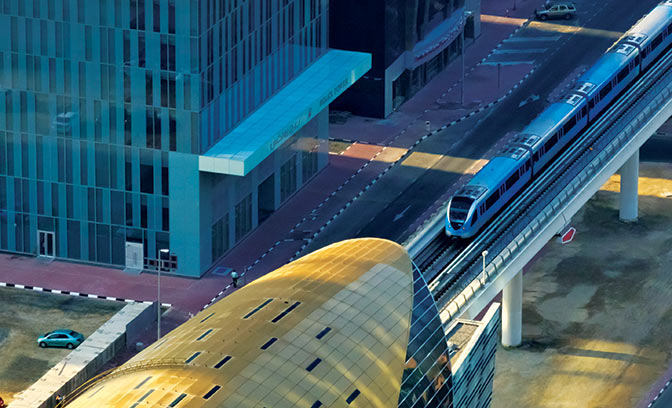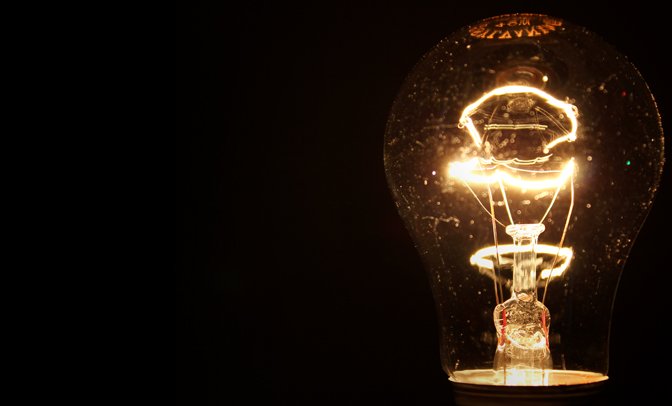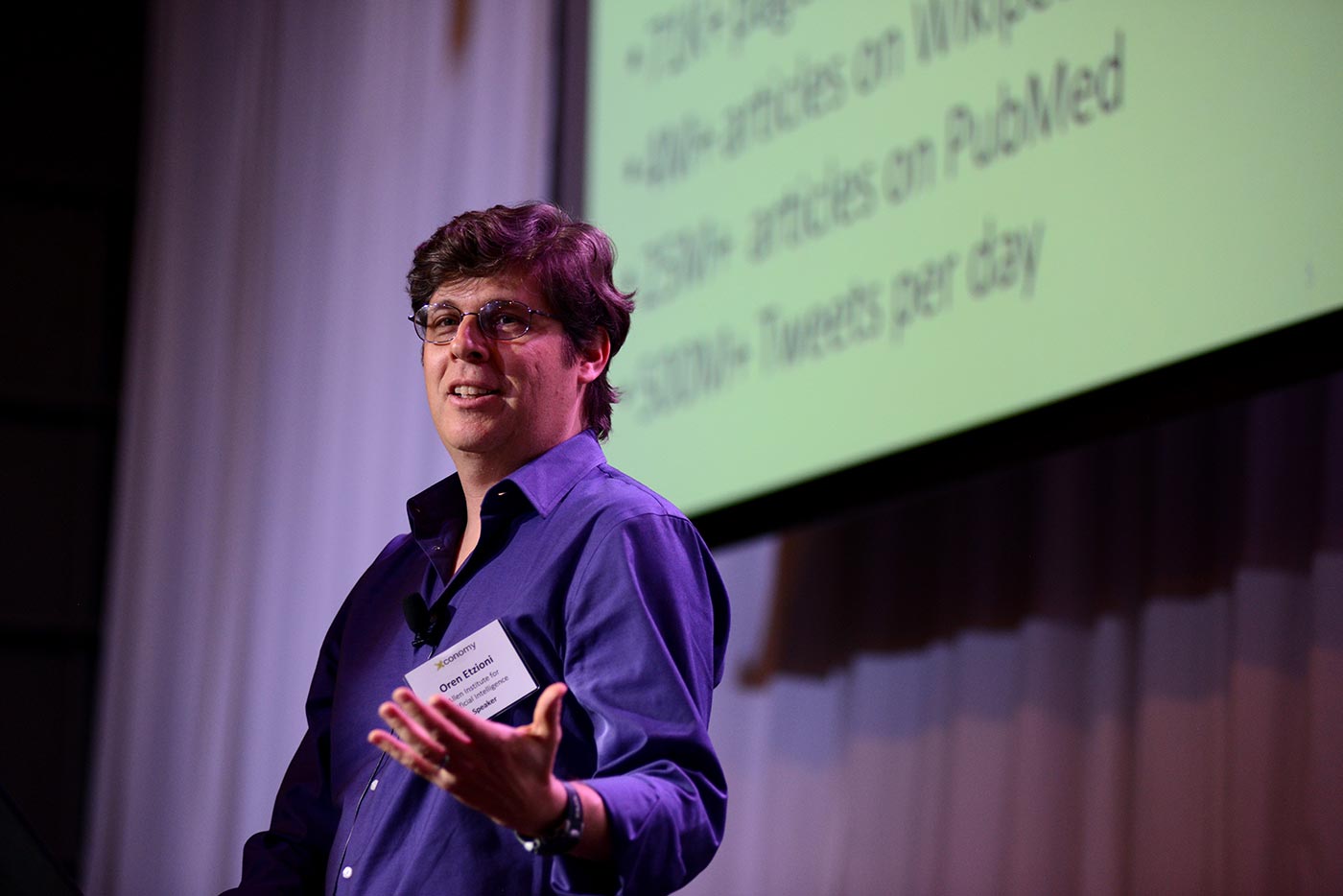We’ve got smartcards in our wallets, smartphones in our pockets and, if technology experts are to be believed, we’ll soon all have smartwatches on our wrists and see the world through smart glasses. But what if we lived in smart cities, where you could find a parking space by using an app, where sensors in streetlamps could detect motion and adjust light levels, or where waste containers could let the authorities know when bins are full – or even emitting unpleasant odours?
It sounds too good to be true, but the concept of a Smart City is actually already here – all of the above examples are being trialled using a Cisco WiFi network in the district of Born in Barcelona, Spain. In Hamburg, Germany, the same company’s sensors help alleviate traffic congestion and provide automated water metering to encourage sensible, sustainable use. Nice’s “Connected Boulevard” brings the experience of Barcelona and Hamburg into one street, Boulevard Victor Hugo, with 200 wireless devices and sensors measuring traffic circulation and air quality, as well as offering smart lighting and waste management.
With Boulevard Victor Hugo showcasing what might be possible, it’s little surprise that Dubai is aiming to transform itself into a Smart City using smart devices to provide and improve government-run services from the environment, education, healthcare, and transport, right up to daily utilities and general security.
As HH Sheikh Mohammad bin Rashid Al Maktoum, Vice-President and Prime Minister of the UAE and Ruler of Dubai, said last October, “government departments will be inter-connected to provide faster information to all citizens and guests.” The ultimate goal is to connect the individual to the city in new ways.
Essentially, such technology is about making life easier: a British company based in Manchester, Digital ID, has just launched the “miband” for gym users – a wristband with an embedded smart contactless chip which allows its owners to use turnstiles, lockers, vending machines and fitness equipment without having to rummage through sweaty kit to find padlocks, entry cards and money. It’s even possible to measure performance through the miband – perhaps not such a good idea if motivation is an issue, but a clear example of the useful possibilities smart technology offers.
And when the possibilities are endless, big business inevitably follows. Cisco is bidding to provide the technology to fulfill Dubai’s Smart City aspirations: in a press release late last year noting that Dubai could be “one of the world’s most connected and sustainable urban centres”, it revealed that Cisco’s global strategy is now worth a staggering US$14.4tn. Now that is smart.


